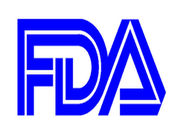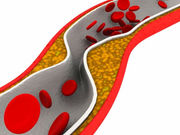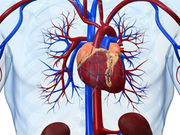Tag: Heart / Stroke-Related: Misc.
FDA Approves LifeVest Wearable Defibrillator for Children
For heart patients who can't have device implanted
Risk of CV Events Up After Shingles Diagnosis in Seniors
Chance of stroke, myocardial infarction increased most in the first week after diagnosis
Interaction Described Between Acenocoumarol, Levofloxacin
Probable interaction described in five patients, all of whom had atrial fibrillation
Guidelines Formulated for Arterial Conduits in CABG
Use of arterial grafts should be part of the heart team discussion for determining optimal surgical approach
Pediatric Allergic Disease May Up Cardiovascular Risk
Findings held even after adjustment for obesity
SABCS: β-Blockers, ACEIs May Protect Heart During Chemo
May also lower risk of complications that can interrupt breast cancer treatment
Review Compares Outcomes, Safety for Once-Weekly GLP-1RAs
Greater reduction of HbA1c, fasting plasma glucose, body weight for dulaglutide, exenatide, taspoglutide
Poor PCI Outcomes Up for Very Old With STEMI
However, successful percutaneous coronary intervention benefits all age groups
Lixisenatide Doesn’t Affect Cardiovascular Risk in T2DM
Findings among patients with type 2 diabetes and recent acute coronary syndrome
Plasma Prekallikrein May Be Vascular Risk Factor in T1DM
Positive association between plasma PK and internal carotid intima-media thickness progression














